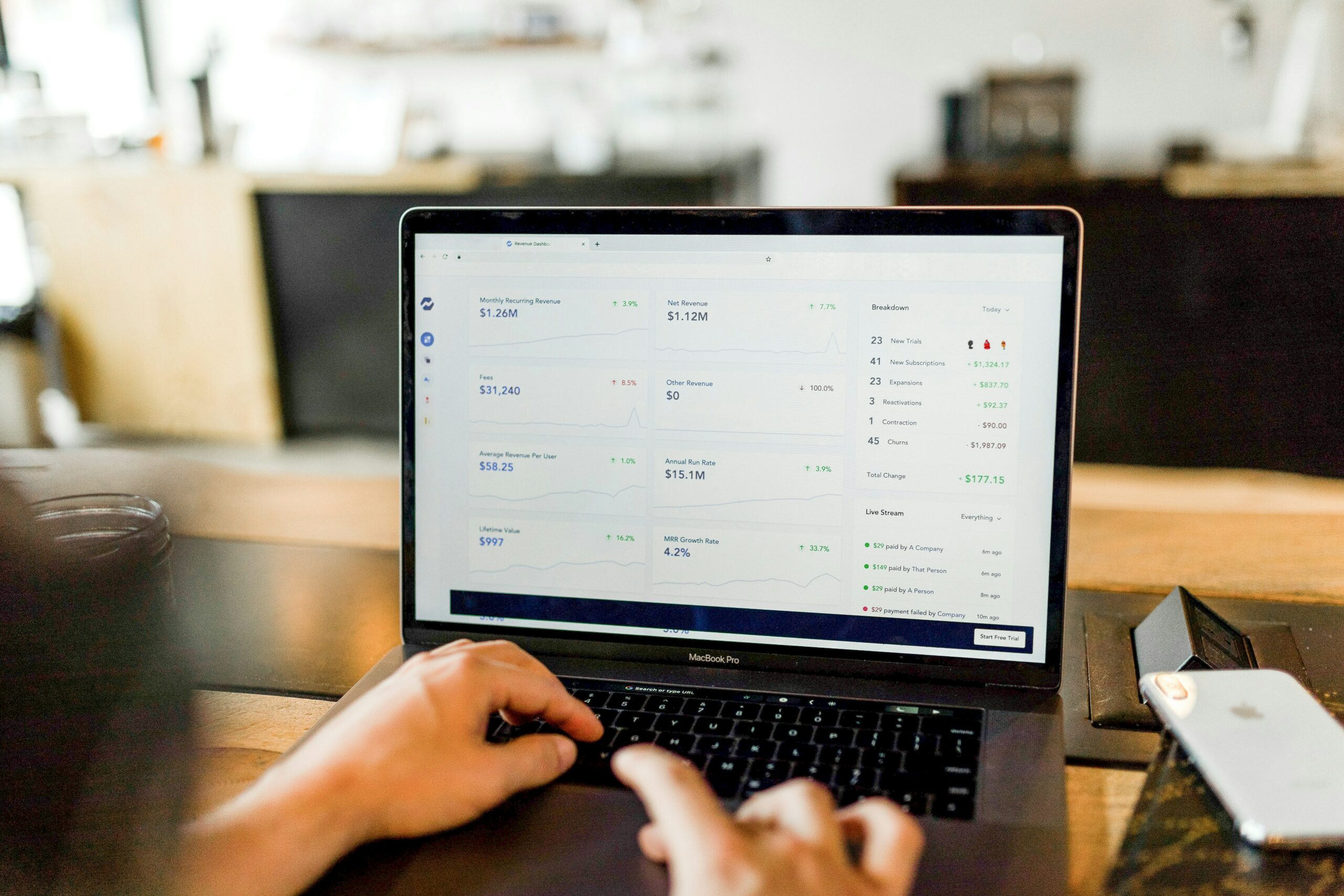Introduction
Accounts payable is a type of accounting transaction that tracks the amount of money owed to suppliers and vendors for goods and services. It can also refer to the actual invoice, or bill, that is sent out for payment. Understanding what account payable is and how it works can help businesses better manage their finances and stay on top of their debts. In this blog post, we’ll discuss what account payable is, provide some examples, and explore why it’s an important part of any business’s accounting system.
What Are Accounts Payable (AP)?
Accounts payable (AP) are debts that a company owes to its suppliers. AP is created when a company orders goods or services from a supplier and does not pay for them immediately. The amount owed is recorded as a liability on the company’s balance sheet.
When the bill for the goods or services comes due, the account is said to be “invoiced.” The invoiced amount is then paid by the company, usually within 30 days. If the company does not have enough cash on hand to pay its invoices, it may take out a loan to cover the expenses.
AP can also refer to the department in a company that handles these payments. The AP department is responsible for issuing payments to suppliers and keeping track of what is owed. They work closely with the finance department to make sure that invoices are paid on time and that there is enough money available to cover all expenses.
If you’re running your own business, it’s important to understand how AP works. This knowledge will help you keep track of your spending and avoid getting into debt.
What Is Included in Accounts Payable?

Accounts payable includes all money owed by a company to its suppliers and creditors for goods or services received. This debt is typically short-term, meaning it is due within one year. Accounts payable is recorded as a liability on a company’s balance sheet.
Some examples of AP include:
- Raw materials or inventory purchased from suppliers
- Services performed by independent contractors
- Rent or lease payments
- Utility bills
- Interest payments
- Employee salaries
- Taxes owed to federal, state, and local governments
How Do I Find and Record Accounts Payable?
Assuming you have already set up your AP system, there are a few key steps to take in order to find and record your accounts payable.
First, you will need to locate all of the invoices and bills that you need to pay. This can be done by looking through your company’s financial records or by contacting vendors directly. Once you have compiled a list of all of the outstanding payments, you will need to determine the amount owed for each one.
Next, you will need to record the accounts payable in your company’s accounting system. This can be done manually or using accounting software. When recording the AP, be sure to include the vendor name, invoice number, and payment amount.
Finally, once the AP have been recorded, you will need to make the actual payments. This can be done by writing checks or making electronic payments. When making payments, be sure to keep accurate records so that you can track what has been paid and what is still owed.
How Are Accounts Payable Presented on the Balance Sheet?

Accounts payable are current liabilities that arise when a company purchases goods or services on credit. AP are typically presented as a short-term liability on the balance sheet.
Companies often purchase goods and services on credit, which gives rise to AP. Accounts payable represent the amount of money that a company owes to its suppliers for goods and services that have been purchased on credit. AP are classified as current liabilities on the balance sheet, since they are typically due within one year.
Accounts payable can be either secured or unsecured. Secured AP are backed by collateral, such as inventory or equipment, which the supplier can seize if the debt is not repaid. Unsecured AP do not have any collateral backing them up and therefore represent a higher risk for the supplier.
Suppliers often extend terms to their customers, which specify when the account must be paid. The most common terms are net 30, meaning that the account must be paid within 30 days of receipt of goods or services; net 60, meaning that the account must be paid within 60 days; and net 90, meaning that the account must be paid within 90 days. If a company does not pay its accounts payable within the specified time frame, it will incur late payment penalties from its suppliers.
It is important for companies to maintain good relationships with their suppliers by paying their accounts payable in a timely manner. Prompt payment of accounts payable can help a company secure future discounts and favorable credit terms from its suppliers. It is also important to monitor accounts payable to avoid overspending and ensure that the company is not taking on too much debt.
What Are Examples of AP?
Accounts payable is the money you owe to your suppliers, creditors, and vendors for goods and services. Accounts payable is a liability on your balance sheet, not an asset like cash.
Some examples of AP are:
- Money owed to suppliers for inventory
- Money owed to credit card companies
- Money owed to utility companies
- Wages and salaries owed to employees
- Rent owed to landlords
- Taxes owed to the government
- Interest payments owed on loans
What’s the Importance of AP in My Business?

AP is an important part of any business. It is the money that a company owes to its suppliers for goods and services. AP is a liability, which means that it is money that the company owes and must pay back.
There are a few reasons why AP is so important in a business. First, it is one of the main ways that businesses keep track of what they owe to their suppliers. This information is important for budgeting and cash flow purposes. Second, AP can have a big impact on a company’s credit score. A high credit score means that a company can borrow money at lower interest rates, which can save the company a lot of money over time. Finally, accounts payable can be used as collateral for loans. This means that if a company defaults on its loan, the lender can take possession of the AP in order to recoup some of their losses.
As you can see, accounts payable is an important part of any business. If you are thinking about starting or running a business, it is important to understand how accounts payable works and how it can impact your bottom line.
How Are Accounts Payable Different from Accounts Receivable?
Accounts payable are different from accounts receivable in a number of ways. First, accounts payable are generally short-term obligations, while accounts receivable are usually longer-term. Second, accounts payable arise when a company purchases goods or services on credit, while accounts receivable arise when a company sells goods or services on credit. Finally, because AP represent money that a company owes to others, they are typically recorded as liabilities on a company’s balance sheet, while accounts receivable represent money that is owed to the company and are typically recorded as assets on the balance sheet.
Conclusion
In conclusion, accounts payable is an important part of any business’s finances. It involves tracking the money owed to suppliers and other creditors, as well as managing payments for those purchases. A good understanding of account payable processes can help a business remain financially healthy and avoid costly mistakes. To ensure your accounts payable transactions are running smoothly, be sure to use best practices such as keeping accurate records and double-checking invoices before they are paid out.










